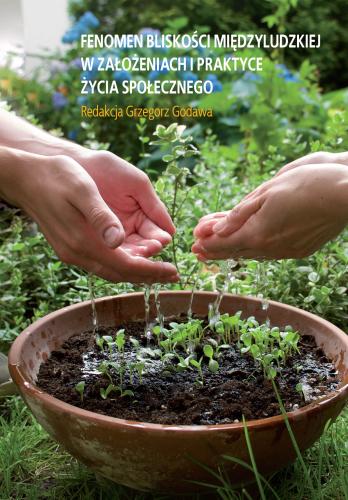Kultura heterogeniczności jako kultura życzliwa „Inności” i przestrzeń odczuwania bliskości losu
Streszczenie
Podjęta narracja odwołuje się do zjawiska globalizacji na płaszczyźnie społeczno-kulturowej, które ujawnia się w binarnym układzie skrajności: dekontekstualizacja a rekontekstualizacja, dekompozycja a rekompozycja, deterytorializacja a reterytorializacja, transkulturacja a internalizacja. W tym sensie globalizacja jest skutkiem procesów różnicowania się i kulturowej pluralizacji dzisiejszego świata, stąd implikuje heterogeniczność dialogów międzykulturowych na poziomie lokalnym i narodowym oraz ujawnia postępujące organizowanie różnorodności. W dalszej części artykułu Autorka podkreśla, że afirmacja różnorodności kulturowej, poszukiwanie harmonii ze wspólnotą oraz świadomość podjęcia twórczego dialogu z „Innością” i odkrywanie sensu różnicy (szczególnie w kontekście kształtowania tożsamości) są nader ważne dla demokracji, ale nie tylko – dla globalnej cywilizacji przyszłości. Tendencje integracyjne nie muszą zatem konkurować ze skłonnością do podjęcia dialogu z różnorodnością, uwrażliwiając jednocześnie na retorykę „Innego”, z którym łączy nas bliskie odczucie wspólnoty losu partycypacji w rzeczywistości globalizującego się heterogenicznego świata.



